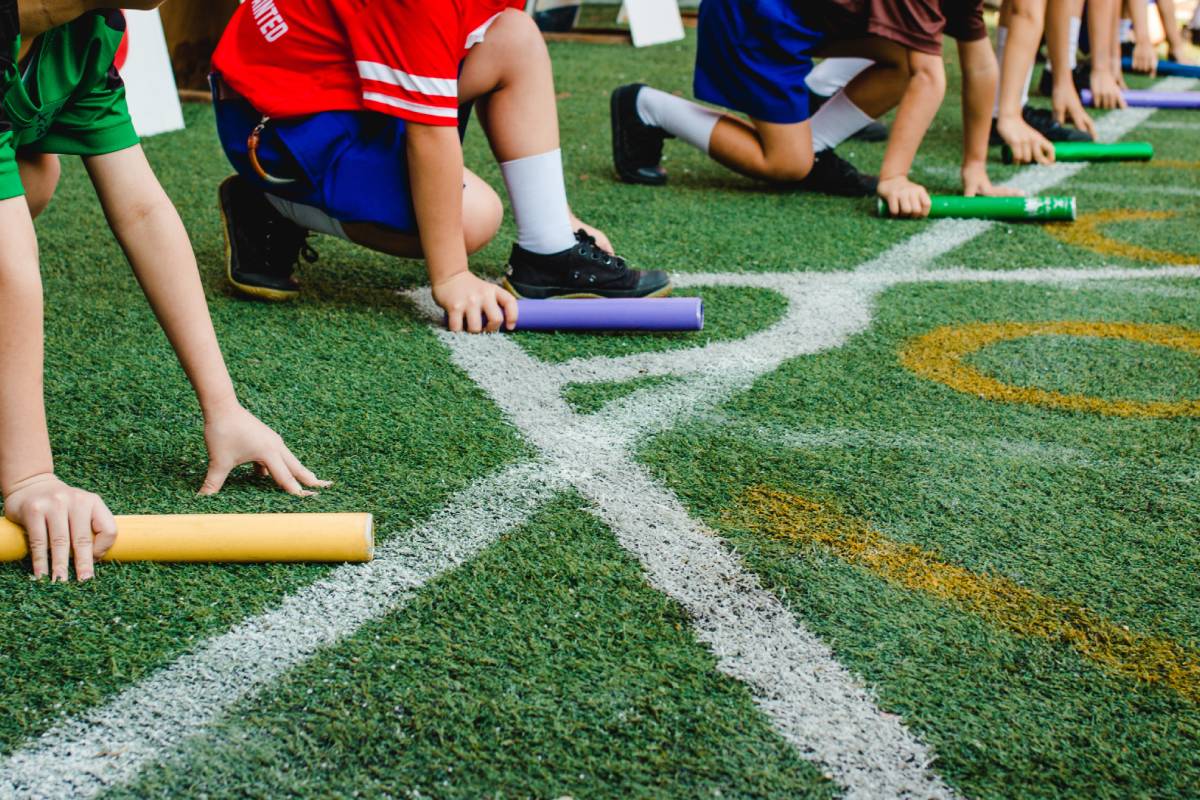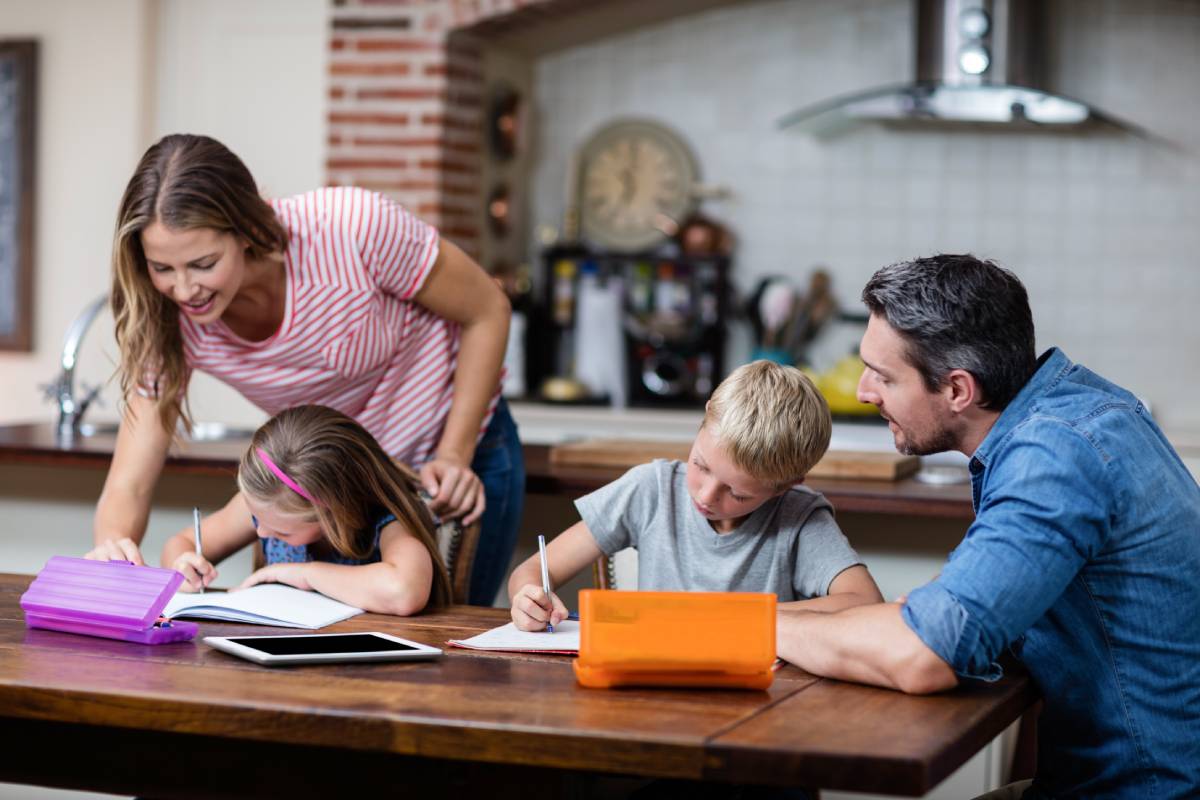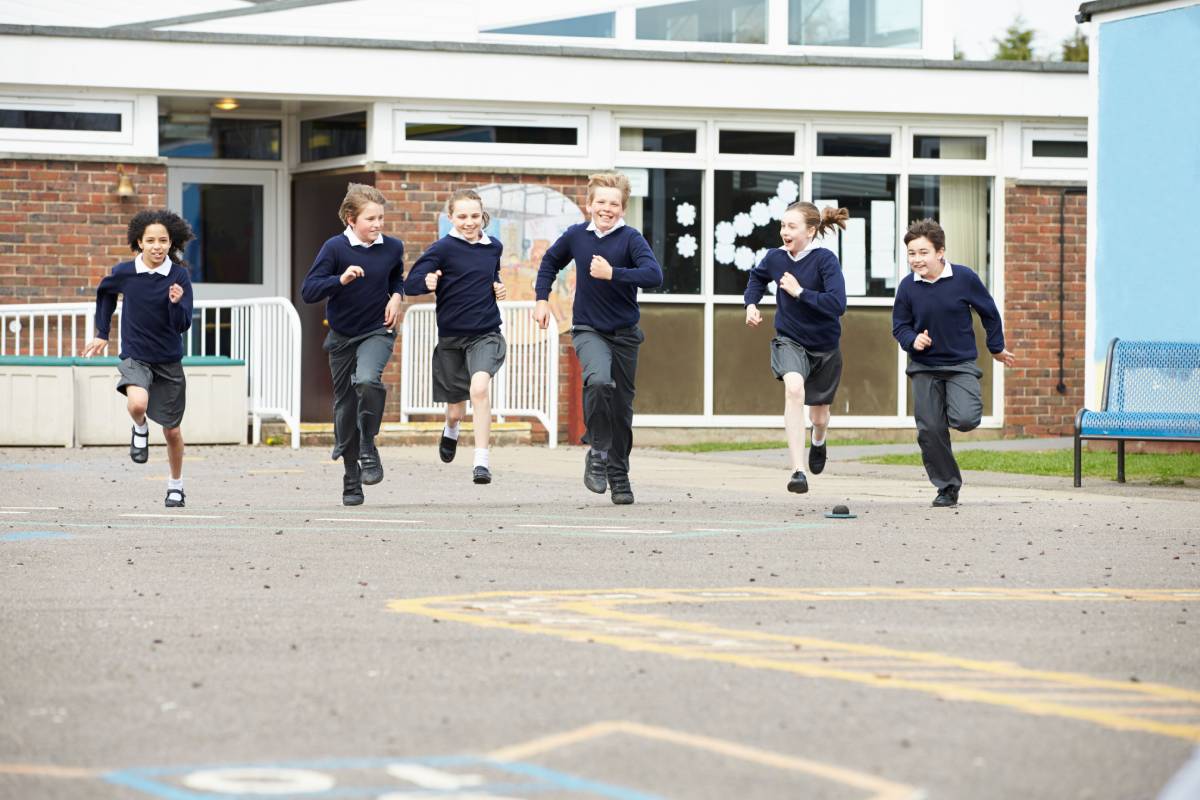While many teachers will insist that the transition from Year 6 to Year 7 is the big one, it is often at the other end of the school where problems occur.
The EYFS curriculum offers far more freedom than in year one, and the jump can be stressful for children and their parents. It is not uncommon for year one teachers to struggle with settling children into a year one routine.
So what can schools do about the issue of transition?
This article will explore ideas to transform the transition from reception into year one into something more positive.












